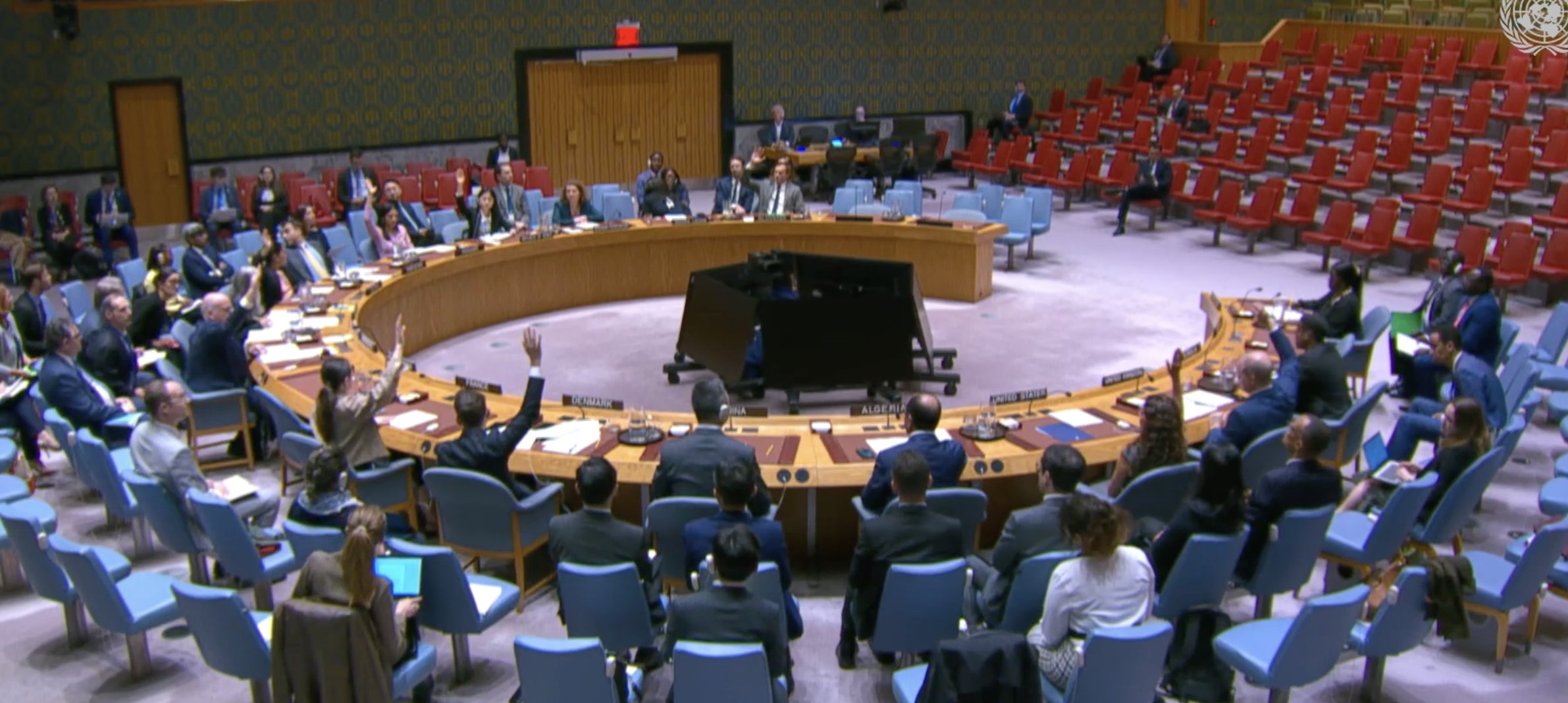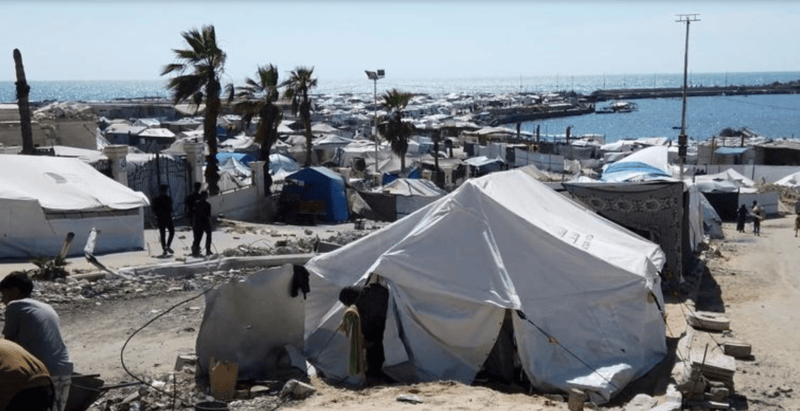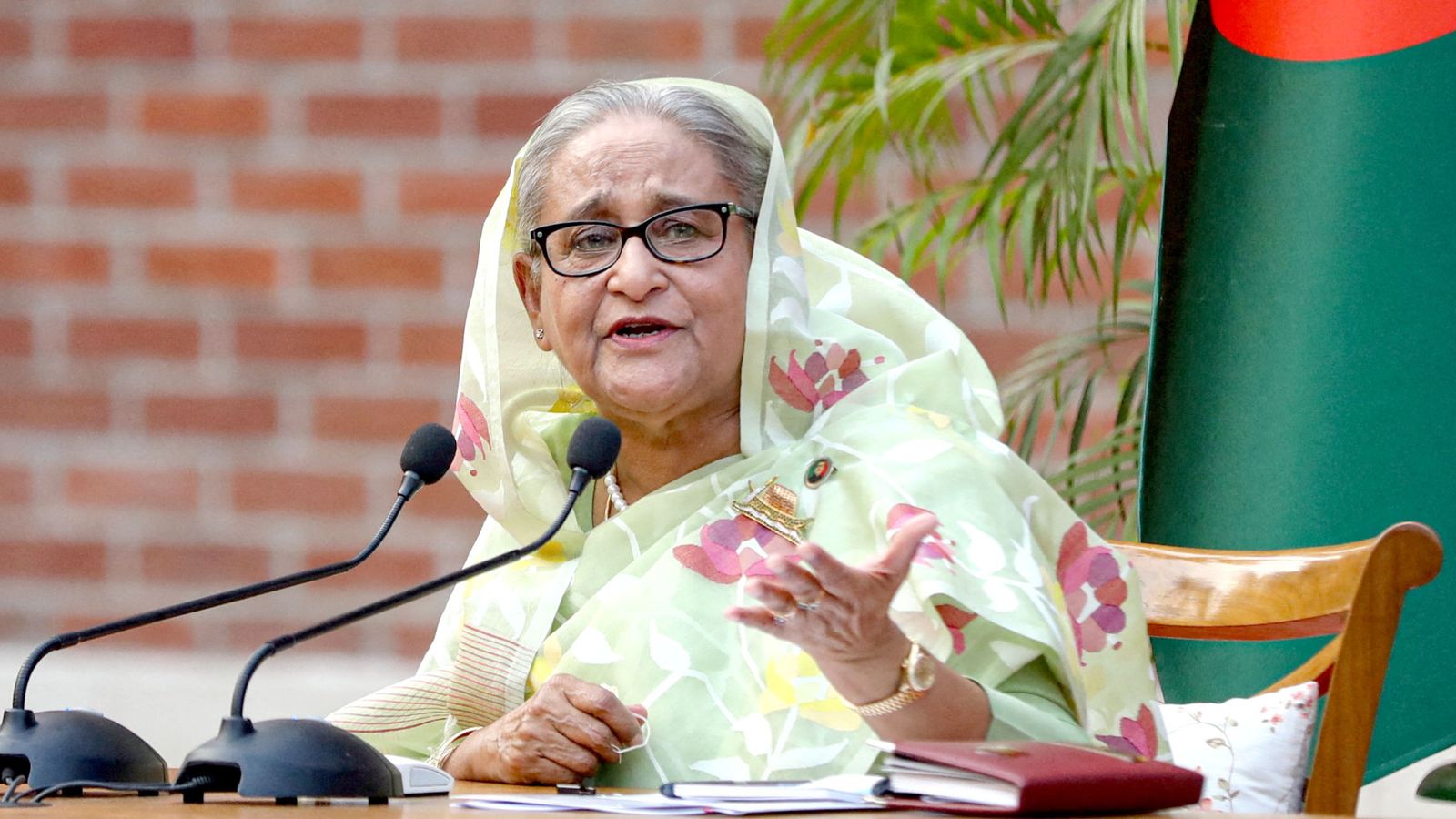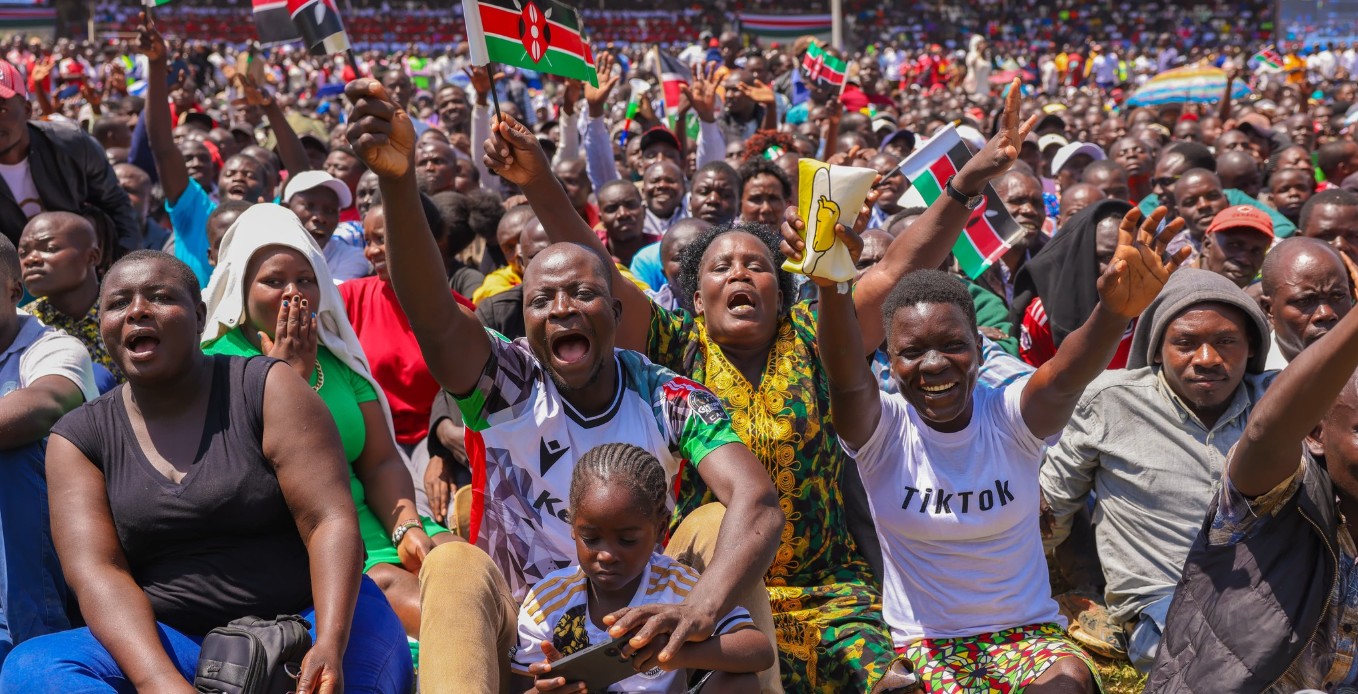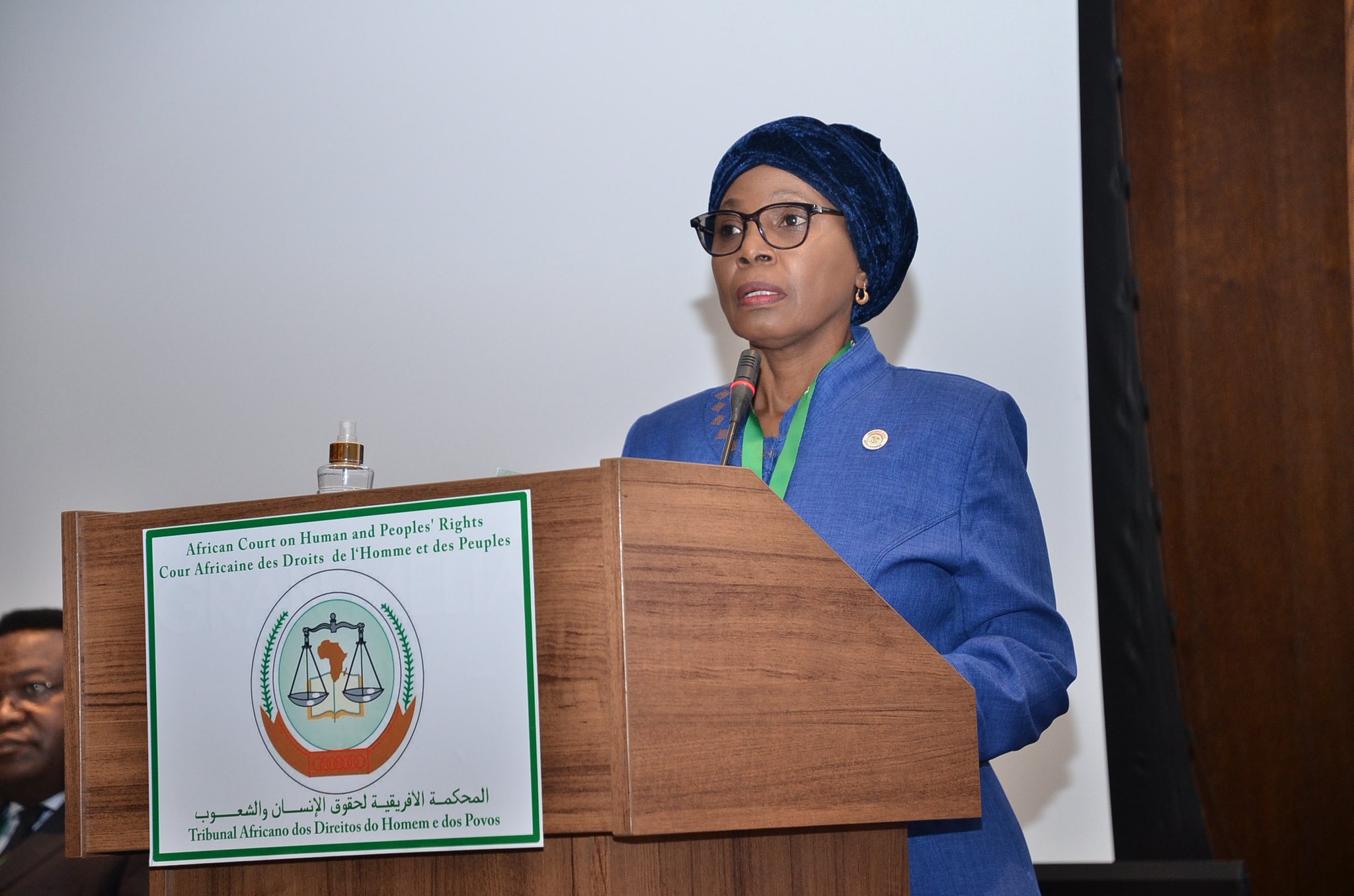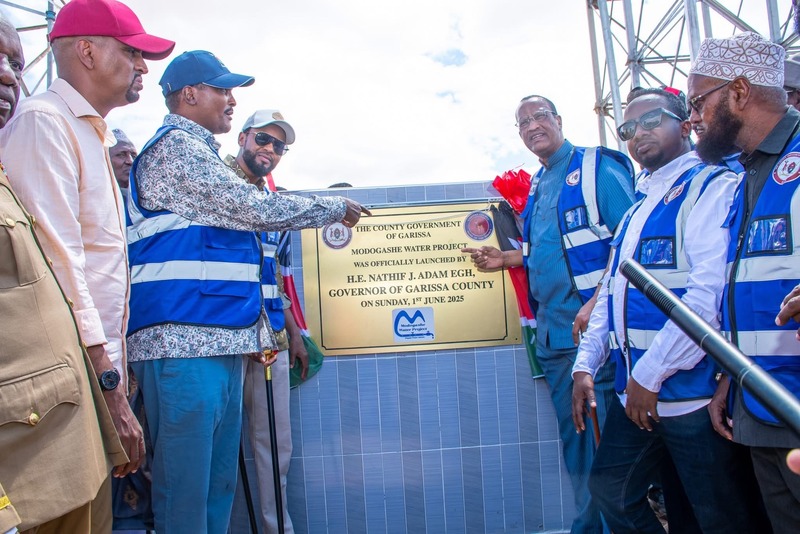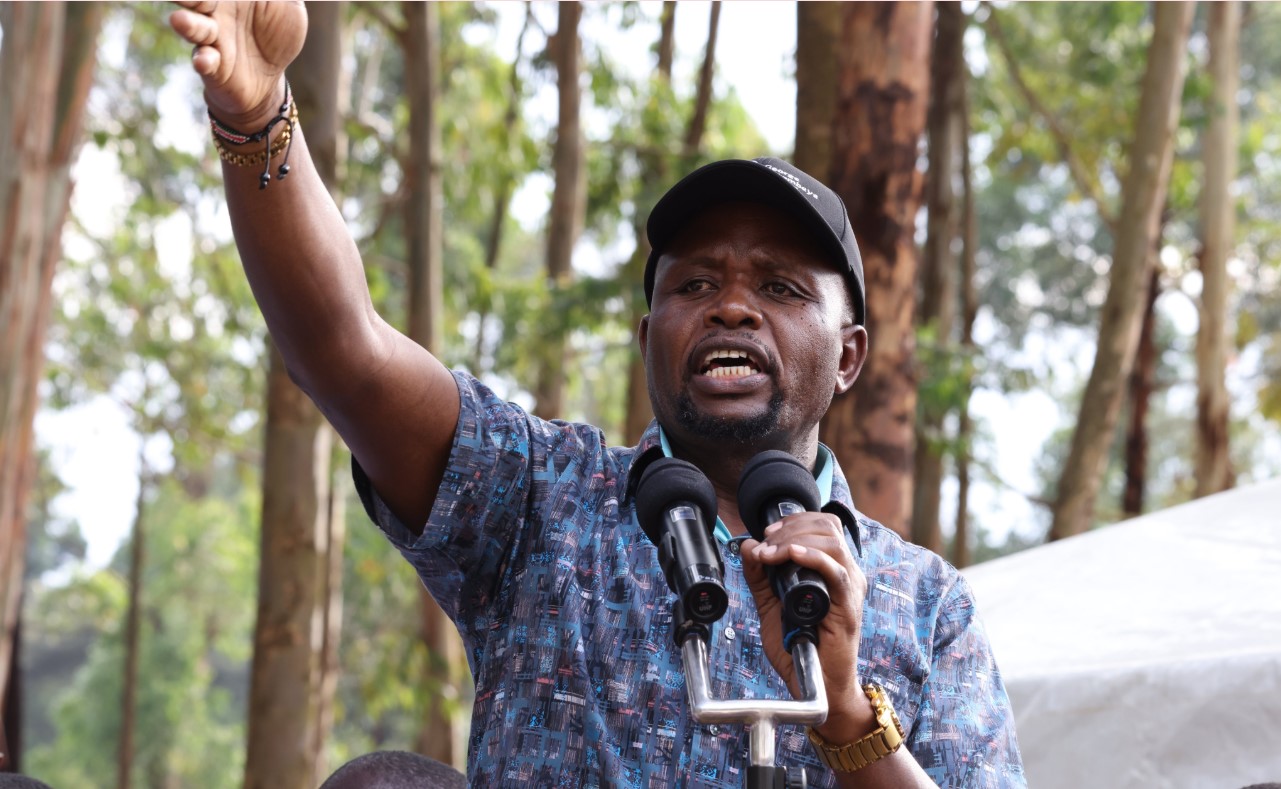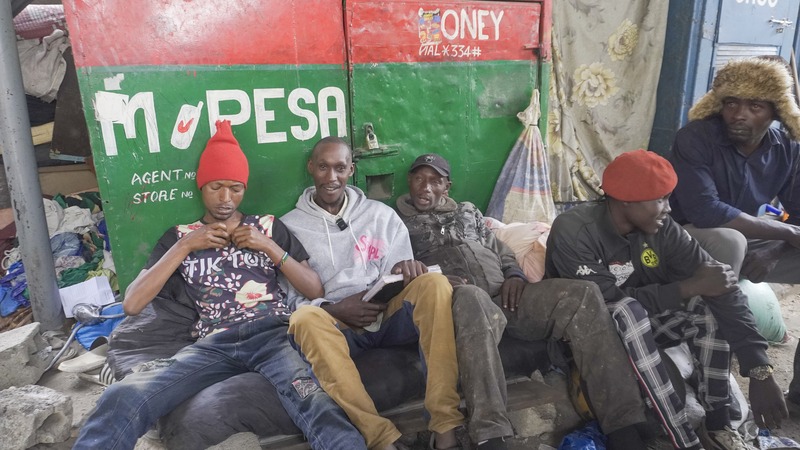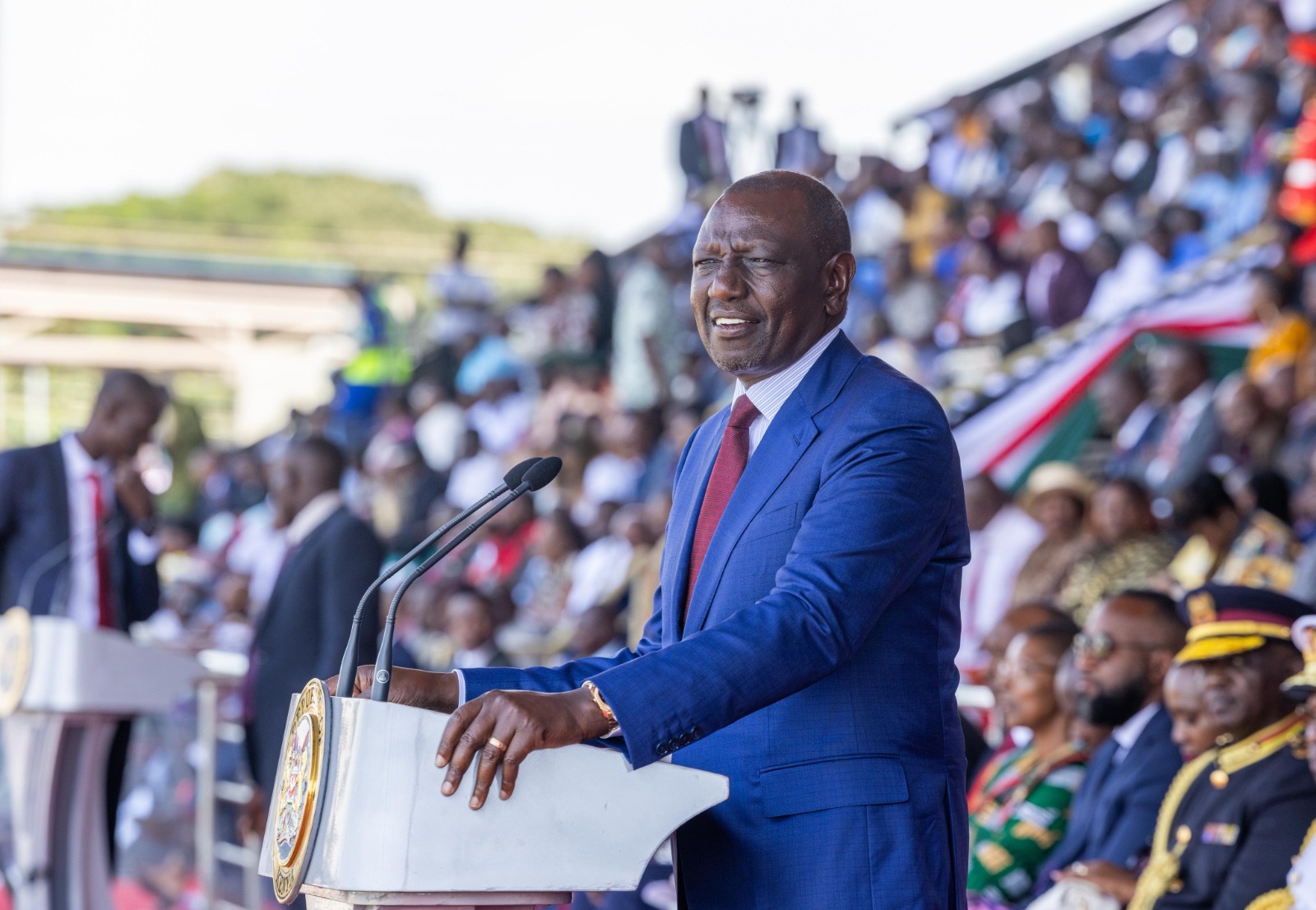KMPDU calls for probe into foreign medics' recruitment amid concerns of human organ trafficking
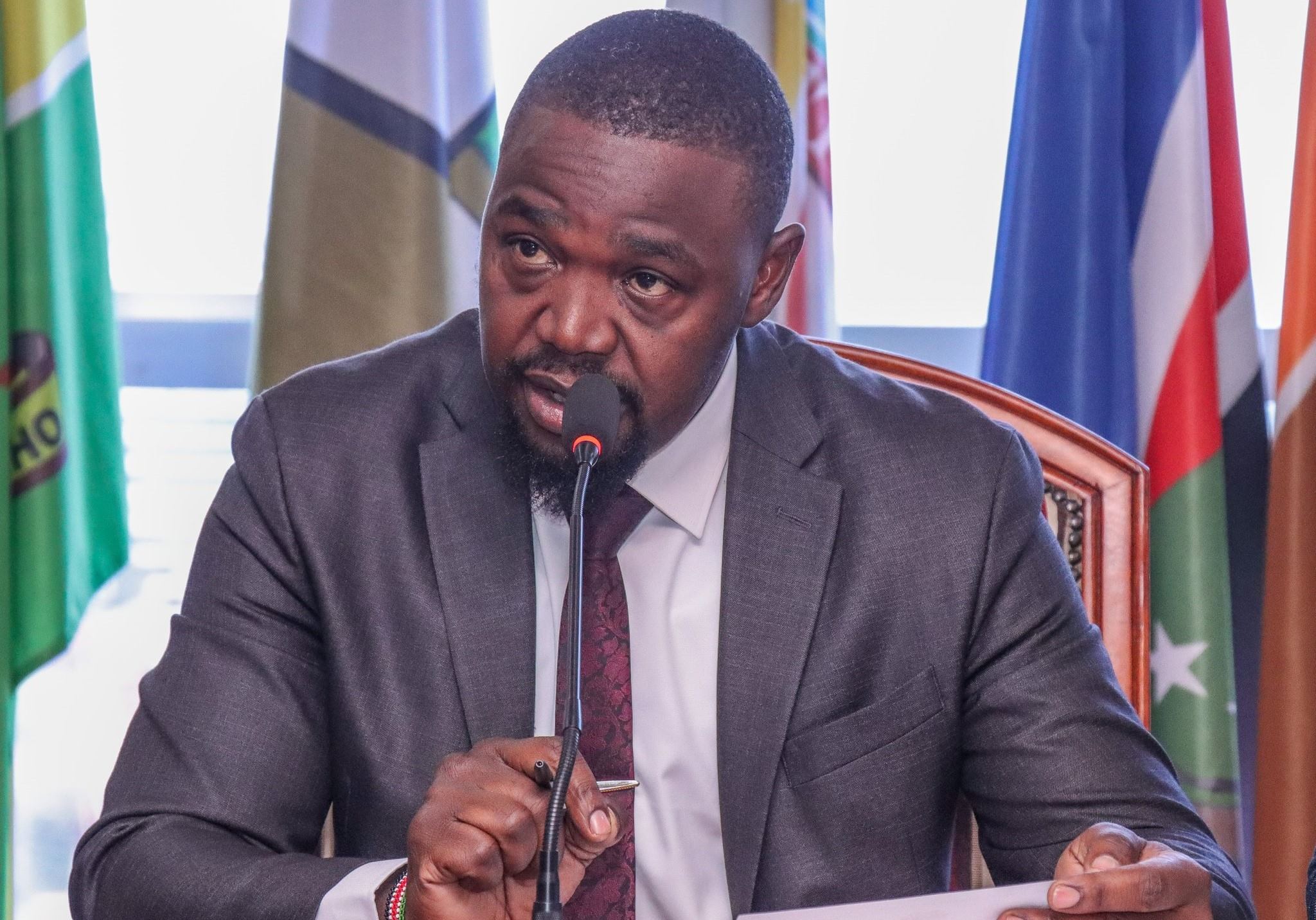
Dr Atellah pointed out that over 1,655 foreign medical practitioners are currently working in Kenya, primarily in private hospitals.
KMPDU calls for urgent probe into foreign medics' recruitment amid concerns of human organ trafficking
The Kenya Medical Practitioners, Pharmacists, and Dentists Union (KMPDU) has called for a thorough investigation into the ongoing licensing and recruitment of foreign medical practitioners in Kenya.
More To Read
- Over 380 files handed to DCI in Mediheal organ trafficking probe
- Duale calls for strict organ donations laws as KUTRRH conducts first kidney transplant
- Maraga slams government's delayed response to organ trafficking scandal
- Health CS Duale commissions team to probe organ transplant practices
- LSK calls for urgent action amid allegations of organ trafficking in Kenya
- Duale appoints 12-member task force to probe kidney transplant allegations at Mediheal Hospital
The demand comes in the wake of growing concerns over unethical practices within the healthcare sector, including the trafficking of human organs.
Dr Davji Atellah, the Secretary General of KMPDU, emphasised the need for immediate action by both the Kenya Medical Practitioners and Dentists Council (KMPDC) and the Ministry of Health.
"There has been a consistent disregard for ethical and professional standards in the recruitment of foreign doctors, many of whom are brought in under exploitative contracts," Dr Atellah said.
Dr Atellah pointed out that over 1,655 foreign medical practitioners are currently working in Kenya, primarily in private hospitals.
"Medical practitioners are brought into the country, contracted and hired through methods that bypass ethical and professional standards. The contracts for these doctors, mainly from Asian countries, are often exploitative, and they work under hazardous conditions. The poor labour practices force many to engage in unethical behaviour that jeopardises patients' lives. As a result, they too are victims of systemic mistreatment, which borders on labour trafficking," Dr Atellah explained.
Neglect
The union has expressed concerns that these current practices primarily benefit private healthcare providers, who exploit cheap foreign labour while neglecting the welfare of both the migrant workers and the Kenyan citizens in need of medical care.
"This profit-driven approach is endangering the lives of Kenyans who seek treatment in these private facilities," Dr Atellah remarked.
KMPDU also drew attention to the plight of Kenyan-trained medical professionals, many of whom are unemployed despite being fully qualified. "There are over 4,000 qualified Kenyan doctors who are unemployed after being trained using taxpayers' money," Dr Atellah noted.
"It is deeply insulting to see them struggling to make ends meet, with some even resorting to selling timber or hawking on the streets."
The union also reiterated its concerns about the illegal organ trafficking in the country, which they believe is directly connected to the questionable and opaque recruitment of foreign doctors.
"We have previously raised alarms about organ trafficking syndicates operating within Kenya, and it is now evident that the unethical and non-transparent licensing of foreign doctors is exacerbating this serious issue," Dr Atellah said.
In response to these concerns, KMPDU has supported the recent directive from the Cabinet Secretary for Health to freeze the licensing of foreign doctors. However, the union is now calling for further actions to safeguard the integrity of the healthcare system.
"We demand an urgent audit of all private healthcare institutions’ recruitment and contracting processes," Dr Atellah insisted. "This audit must address how foreign doctors are being recruited, verify their qualifications, and ensure that ethical standards are being adhered to."
KMPDU has also urged the Ministry of Health to disclose the areas in Kenya where there is a genuine shortage of medical professionals, ensuring that the employment of foreign doctors is limited to regions where there is an actual skills gap.
"The Ministry of Labour must also conduct an audit of foreign doctors' employment contracts to ensure compliance with Kenyan labour laws and international standards," Dr Atellah added. "We want the findings of these audits to be made public."
KMPDU is further advocating for a comprehensive policy on the recruitment of non-Kenyan healthcare practitioners, one that prioritises the development and retention of local talent. "We urge the government to fill any vacancies arising from these audits with qualified Kenyan doctors through a transparent and competitive process," Dr Atellah said.
Top Stories Today




